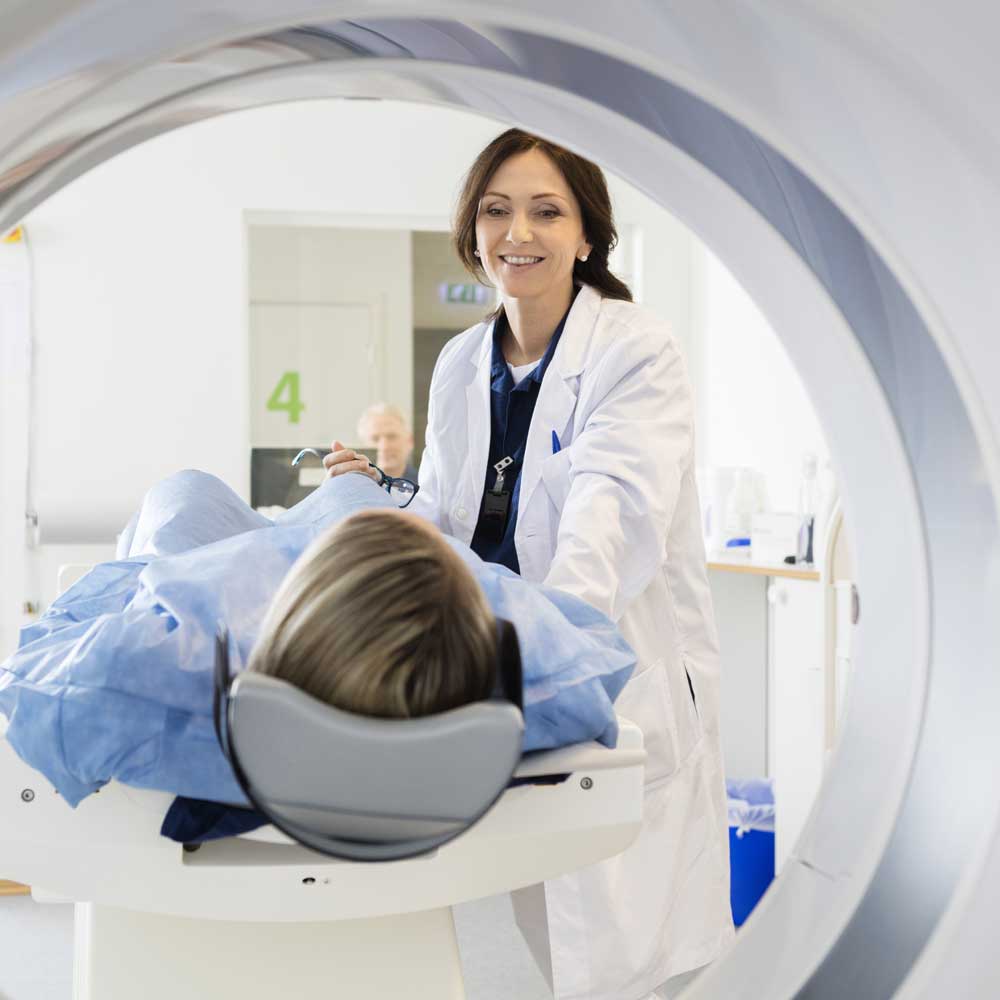
A stress echocardiogram, also known as a stress echo, is an ultrasound of the heart done before and after exercise. It allows the doctor to see the patient’s heart muscle function at rest and at a heart rate elevated by exercise. It is completely non-invasive and radiation-free.
The test takes about 45 minutes. After getting the first Echocardiogram, the patient is then asked to walk on a treadmill until the proper heart rate is achieved. Then another Echocardiogram is performed.
Stress echocardiography is mainly used to detect coronary artery disease (CAD), identify abnormal heart function and reduced blood flow to the heart, known as ischemia. All of these conditions are more apparent after exercise.
Please see the echocardiography description to get more detailed information on how an Echocardiogram is performed.
Are you a candidate?
Stress echocardiograms are recommended for people with:
- Chronic coronary disease
- History of myocardial infarction
- Preoperative clearance testing for major non-cardiac surgery
- History of revascularization
- Upcoming valve surgery
Stress Echo preparation
Easily schedule your visit.
